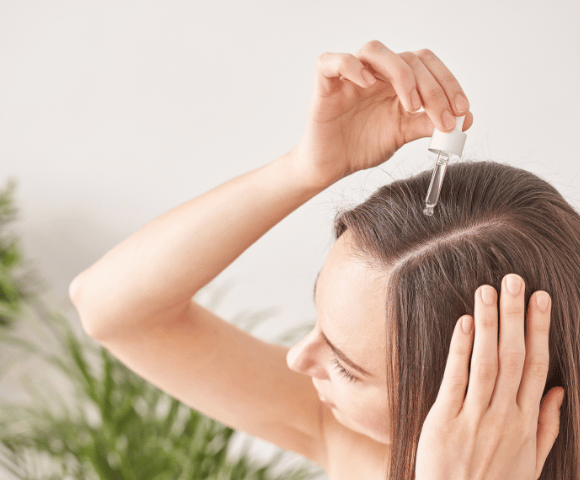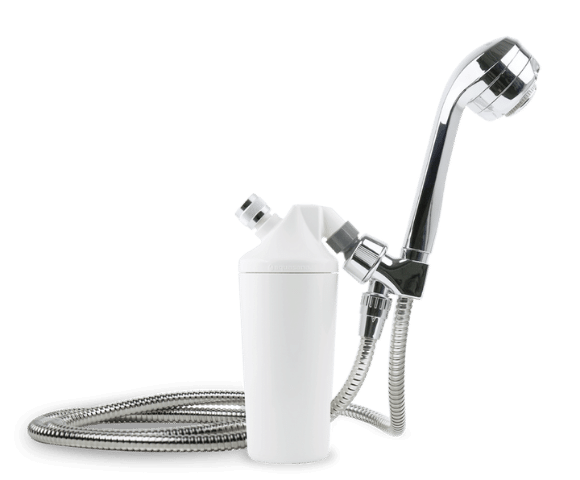4. Switch to gentle, sulfate-free shampoos
Sulfates, which are commonly found in many shampoos, can be harsh on hair and strip away its natural oils, leaving it more vulnerable to the drying effects of chlorine. A sulfate-free shampoo cleanses the hair without stripping away essential moisture, helping to maintain its natural hydration levels. If you need to shower often or are an avid swimmer who can’t avoid chlorine, a sulfate-free shampoo will help protect your hair.
5. Use a leave-in conditioner regularly
Leave-in conditioners create a protective barrier on the hair shaft, helping to seal in moisture and prevent chlorine from penetrating deeply into the hair cuticle. This barrier not only shields the hair from the drying effects of chlorine but also helps to maintain its natural elasticity and strength. Leave-in conditioners also often contain nourishing ingredients like vitamins, proteins, and oils that can repair and replenish the hair, making it more resilient to chlorine damage.
6. Air dry instead of using hot tools
Hot styling tools like hair dryers, curling irons, and straighteners dry out your hair from intense heat which makes your hair more susceptible to the damaging effects of chlorine. While you may need to use hot tools on occasion, air drying is a more gentle alternative that you should opt for whenever possible. By air drying, you give your hair a chance to recover and maintain its natural hydration levels, resulting in healthier, more resilient strands that are better equipped to withstand the damaging effects of chlorine in tap water.
7. Apply a hair oil
Another great tip for combating chlorinated tap water damage is to apply a hair oil. Similar to a leave-in conditioner, hair oils act as a protective barrier that coats the hair shaft and helps to prevent chlorine from penetrating deeply into the hair cuticle. This barrier both shields the hair from the drying effects of chlorine and helps to seal in moisture, keeping the hair hydrated and less prone to damage. Hair oils also typically contain nourishing vitamins and fatty acids that can strengthen your hair and make it more resilient against chlorinated tap water.
8. Drink more filtered water
Staying hydrated is key to maintaining healthy hair, as it ensures your strands have enough moisture to stay silky, strong, and healthy. However, just as showering with chlorine water can cause damage to your hair, drinking unfiltered water presents risk for your body. Contaminants in your tap water may pose a risk to your health, so make sure to use a water filter when you’re upping your hydration.

Don’t let chlorine tap water damage your hair
While chlorinated tap water can wreak havoc on the health of your hair, you don’t have to accept brittle, damaged locks. In fact, protecting your hair from the damaging effects of chlorinated tap water is achievable with the simple tips we outlined above.
For a simple way to reduce your hair’s exposure to chlorine tap water, invest in a shower filter. Aquasana’s shower filters remove 90% of chlorine from water, which helps protect your hair and skin. With both a standard shower head filter and a shower filter with a handheld wand, you can customize your shower experience to meet your needs.
Shop Aquasana’s selection of shower filters today!
SHOWER FILTER
Shower Filter with Handheld Wand - Chrome
Enjoy healthier hair and skin while removing chlorine. Includes upgraded chrome massaging handheld wand.

.png)


